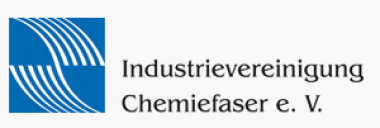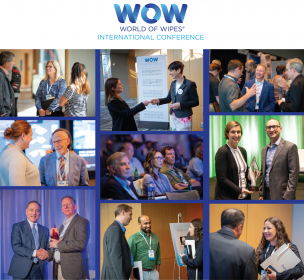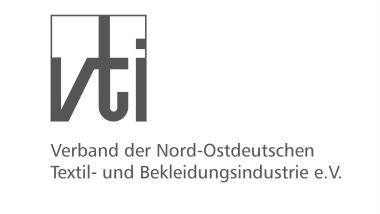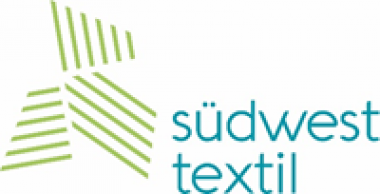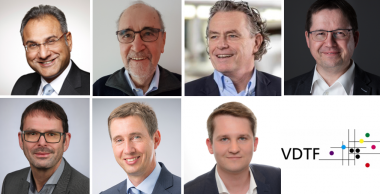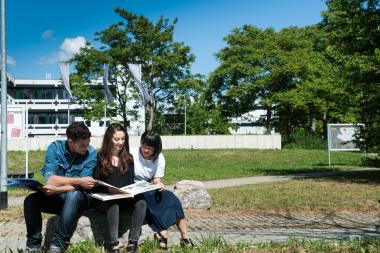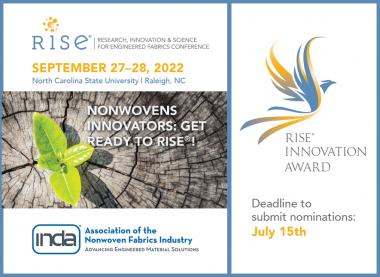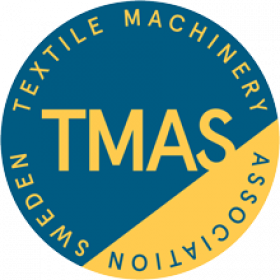IVC warnt vor von Energiekosten getriebenen Insolvenzen
In einem offenen Brief an den Bundeswirtschaftsminister, Dr. Robert Habeck, hat die Industrievereinigung Chemiefaser e.V. nachdrücklich eine Öffnung des Dialogs zur Überwindung der aktuellen Energiekrise gefordert.
Die Analyse der aktuellen energetischen Rahmenbedingungen führe zu dem Schluss, dass – wenn nicht gegengesteuert werde - bis zum Ende des laufenden Jahres Chemiefaserproduzenten an deutschen Standorten ihre Werkstore endgültig schließen müssten. Der Verband rechnet mit einem großen Verlust der zurzeit mehr als 7 000 Hightech-Arbeitsplätze im Bundesgebiet.
Ohne ausreichende Energielieferungen werde es am Wirtschaftsstandort Deutschland künftig weder neue innovative Produkte noch einen Qualitätswettbewerb geben, in dem sich deutsche Unternehmen behaupten könnten. Vielmehr würden sich die Verarbeiter von Chemiefasern durch den Wegfall deutscher Qualitätsprodukte in Richtung Asien orientieren.
Bemühungen und Recherchen der Chemiefaserindustrie, die Energieknappheit kurzfristig durch die Nutzung alternativer Energieformen als Substitut für Erdgas zu überbrücken, hätten sich als nicht durchführbar erwiesen. Als einziger Weg bleibe der Umbau der Anlagen von Erdgas- auf Erdölfeuerung, was nichts anders bedeute, als dass ein zur Herstellung von Chemiefasern benötigter Rohstoff verfeuert werde, um deren Produktion sicher zu stellen – vergleichbar mit einem Bäcker, der Getreide verbrenne, um seinen Ofen betreiben und Brot backen zu können.
Die Chemiefaserbranche sei davon überzeugt, dass es die äußeren Umstände dringend geböten, für einen zu überbrückenden Zeitraum ideologiefrei nach technischen Lösungen zu suchen und diese zu diskutieren. Es müsse in einer kritischen Situation möglich sein, vorurteilsfrei und sachlich alle technisch verfügbaren Optionen von Kernenergie bis alternativer Ostseepipeline, von Fracking bis LNG, von Windkraft bis Solarenergie zu prüfen und deren Eignung unter Abwägung aller Folgen zu bewerten.
Der Brief im kompletten Wortlaut steht hier zum Download zur Verfügung.
Industrievereinigung Chemiefaser e.V.


